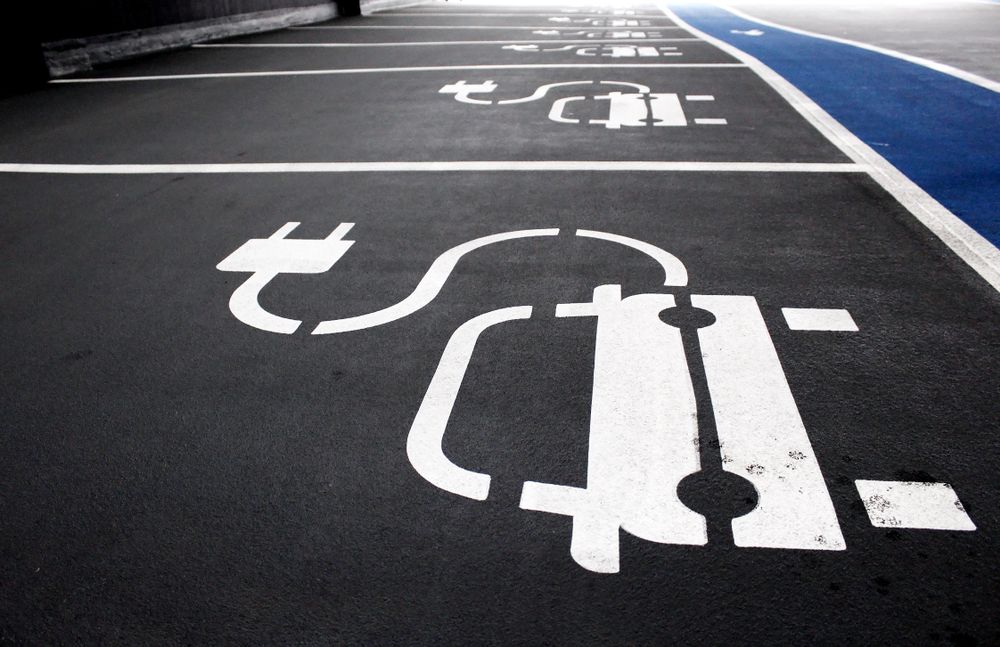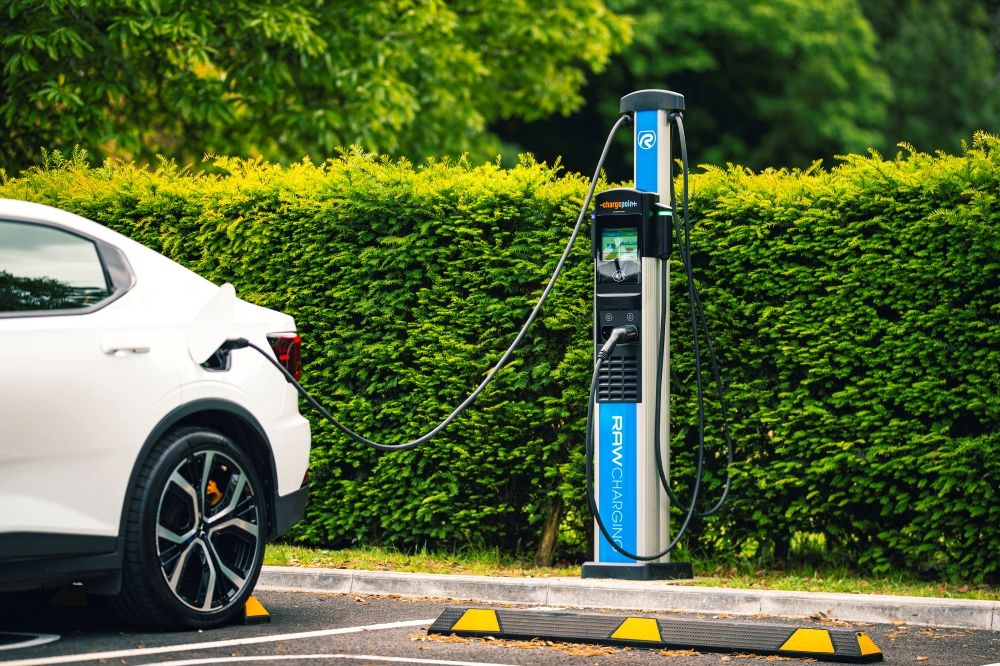Public sector infrastructure body the Scottish Futures Trust has published a new report which shows that free or subsidised electric vehicle (EV) charging on the public network could be deterring crucial private sector investment that is needed to grow Scotland’s EV network.
To ensure the long-term growth, sustainability and reliability of the public Electric Vehicle (EV) chargepoint network in Scotland, crucial private sector investment is needed to grow it at scale and pace.
Following extensive engagement with the EV chargepoint market, the SFT report Public EV Charging in Scotland: Insight Report on Tariffs concludes that subsidised, or in some cases free charging applied by owners of chargepoints on the ChargePlace Scotland (CPS) network is deterring the crucial private sector investment needed to grow Scotland’s EV network over the next 5-10 years.
In the report, SFT recommends that local authority chargepoint owners:
- Adopt a pricing regime that covers all costs and one which is broadly aligned with the market rate
- Set out a timetable for the transition to market rate pricing and communicate with local EV drivers the benefits of enabling an expanded, accessible and reliable network
- Explore the introduction of flexible and off-peak pricing structures to enable more affordable charging
- Put processes in place to allow price regimes to respond to changing energy costs in a timely manner
EV chargepoints on the CPS network were initially made free for users following Scottish Government grants made to local authorities and public bodies in the early 2010s.
Since then, Scotland’s overall public chargepoint network has grown to over 3,000, with over 2,400 of these now on the ChargePlace Scotland network. With the highest number of public charging points of any UK nation or region outside London (per head of population), Scotland’s network currently supports a membership of 63,000 drivers, which is growing by around 500 every week.
Minister for Transport Jenny Gilruth said: “I welcome this report from the Scottish Futures Trust which will help inform our finalised vision for Scotland’s public EV charging network. We made it clear in our draft vision statement that a shift towards a public charging network largely financed and operated by the commercial sector is necessary to grow the network at pace and improve the customer experience overall.
“It’s vital that the public charging network has tariffs which are fair, sustainable and are set at a rate which enables the private sector to invest right across the country in the long term.
“Underpinned by our newly designed £60 million Public EV Infrastructure Fund – aimed at attracting in private investment – Scotland is well positioned to build on the strong foundations we have, respond collectively to the global climate emergency and deliver on our commitment to phase out the need for new petrol and diesel cars and vans by 2030.”
Andrew Bruce, who leads the EV work at the Scottish Futures Trust, said: “Free or low-cost electric vehicle charging on the public network was a fantastic initiative put in place to encourage more people to use electric cars.
“However, as more and more people invest in electric vehicles, we now need to take a longer-term view on EV charging to ensure we have well maintained infrastructure and deliver a comprehensive network of charge points that are ready to cope with mass adoption.
“We know that competing against reduced tariffs is causing private sector charge point owners to hesitate to invest in Scotland’s network, which will limit its growth.
“Continuing to offer access to the network for free, or at such low rates, is also having unintended consequences. Data shows it could be encouraging people who could charge their vehicles at home to travel to access the public network, potentially preventing those who rely on the network most from accessing it.”
Neil Swanson, Director, Electric Vehicle Association Scotland, said: “The Electric Vehicle Association Scotland welcomes the Scottish Futures Trust Insight Report on tariffs. The need for tariffs applied over the ChargePlace Scotland network is something key to promote private investment in the development of this critical infrastructure.”
Ewan Wallace, Chair of the SCOTS Climate Change Steering Group (SCOTS-Society of Chief Officers of Transportation of Scotland) said: “The transition towards a decarbonised transport system is a key part of achieving net zero by 2045.
“The funding and operation of EV infrastructure across Scotland is key part of that transition and SCOTS welcomes the collaborative work done in producing this report and the clear recommendations for action across all partner authorities and agencies.
“Our members are at the sharp end of turning strategy and policy into actions and working with our elected members to ensure we get best value from public investments. The contents of the reports will assist all of us as we ensure costs are covered and the supporting infrastructure is resilient and comprehensive.”
Image courtesy of Shutterstock.












